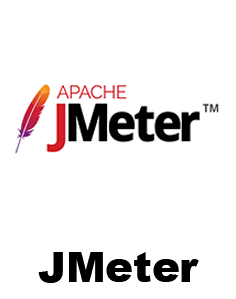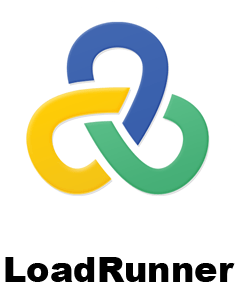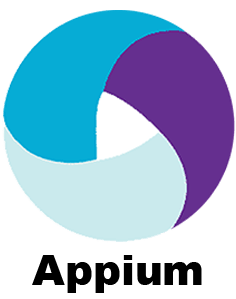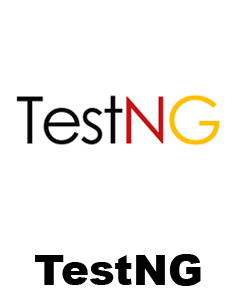1. Can you explain what Automation Testing means?
Ans:
Automation Testing is the practice of using specialized software tools to execute tests on applications automatically. Instead of performing each check manually, testers create scripts that handle the process. This approach saves time, minimizes human error, and is especially effective for repetitive test scenarios.
2. What are the benefits of using the Automation Testing?
Ans:
Automation Testing speeds up the testing process, increases accuracy, and reduces the need for manual intervention especially for repetitive tasks. It also supports testing of large-scale applications, expands test coverage, and helps identify defects early in the development cycle.
3. How does Automation Testing differ from Manual Testing?
Ans:
Manual Testing involves testers executing test steps without any automation tools, which can be time-consuming and tiring. Automation Testing uses scripts and tools to run tests automatically. Manual testing is ideal for exploratory or one-time checks, while automation is better for repetitive, large, or complex test scenarios.
4. What types of frameworks are used in Automation Testing?
Ans:
There are several types of frameworks used in automation:
- Linear Framework, simple scripts run in sequence
- Modular Framework, divides the test into small, reusable parts
- Data-Driven Framework, test data is stored separately and passed into scripts
- Keyword-Driven Framework, uses keywords to run specific actions
- Hybrid Framework, a mix of the above for flexibility
5. Which Automation Testing tools have you worked with?
Ans:
I’ve worked with Selenium for web automation, TestNG and JUnit for test management, and Postman for API testing. These tools help in creating, executing, and validating test scripts efficiently. I’ve also used JIRA for tracking bugs and monitoring test progress.
6. How do you choose which test cases to automate?
Ans:
I prioritize test cases that are executed frequently, are time-intensive when done manually, and remain stable over time. Critical test cases with a high risk of failure are also strong candidates. Simple, one-time test cases are generally kept manual.
7. What is a Source List in SAP MM?
Ans:
In SAP MM (Materials Management), a Source List is a record specifying which vendors are authorized to supply a particular material. It assists in vendor selection during the procurement process and can restrict or permit certain vendors for specific time periods.
8. What common problems do you face in Automation Testing?
Ans:
Typical challenges include script failures due to application changes, incorrect or outdated test data, and slow test execution. Tools may struggle with dynamic web elements, and maintaining or debugging the automation suite can also be time-consuming.
9. How do you manage errors in your automation scripts?
Ans:
I implement try-catch blocks to capture and manage errors without halting the test execution. I log detailed error messages and take screenshots to quickly identify and resolve issues. This helps maintain test continuity and simplifies troubleshooting.
10. What is Selenium and how does it helping testing?
Ans:
Selenium is a widely used open-source tool for automating web application testing. It allows testers to write scripts in languages like Java or Python to verify that web pages function as intended. Selenium can simulate user actions such as clicking buttons, entering text, and navigating pages making testing faster and more reliable.


























